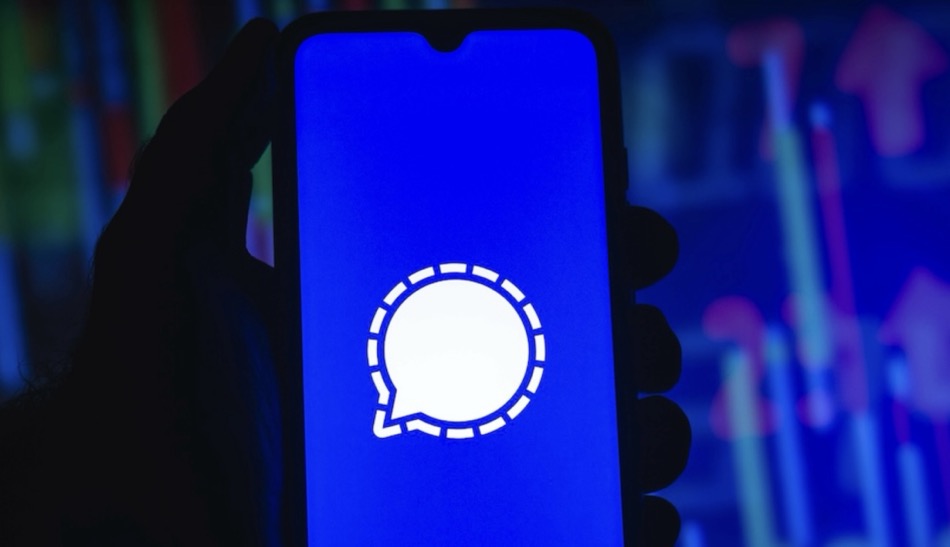
Signal has launched public testing for a long-awaited encrypted cloud backup feature, marking a significant step toward platform-independent data portability and improved user data resilience.
The feature, currently in alpha and available for Android users on a separate staging build, introduces a cloud-hosted, end-to-end encrypted backup system designed to complement existing local backups.
The announcement of the commencement of public testing was made by Signal software engineer Greyson Parrelli on the project's community forum. The new system, now undergoing real-world testing by users on Signal's staging servers, promises seamless data recovery, efficient storage management, and enhanced privacy protections. The rollout follows internal development that spanned several months and reflects one of Signal's most ambitious infrastructure updates to date.
The new backup system offers several notable capabilities:
- Cloud-hosted encrypted backups stored by Signal but accessible only by users through their unique encryption key.
- Cross-platform compatibility, enabling backups on Android to be restored on iOS and vice versa.
- Dynamic media offloading, reducing app storage size on devices by allowing older media to be stored in the cloud while retaining access via on-demand download.
- Tiered storage plans, including a generous free tier that backs up all messages and the most recent 45 days of media, and a paid option offering 100GB of storage at what appears to be a test-phase price of $0.42/month.
Signal, operated by the nonprofit Signal Foundation, is known for its focus on user privacy and metadata minimization. The foundation maintains a strict no-logs policy and builds its architecture to prevent correlating user data with account identifiers. True to this philosophy, the cloud backup system is designed to preserve user anonymity even when using Signal's own infrastructure. Backup data is encrypted with a key only the user possesses, and backups remain disabled by default. Moreover, Signal has decoupled user accounts from payment data, ensuring the paid tier doesn't compromise anonymity.
The testing environment is isolated from production and requires users to install a separate build of the Signal app. Within this “staging” app, testers can access a new backups interface under Settings > Backups, with toggles to simulate both free and paid tiers. Storage optimization features can be explored through Settings > Data and Storage > Manage Storage > Optimize on-device storage.
Feedback is being collected on user interface clarity, backup/restore reliability, performance under edge cases, and feature completeness. Notably, the current implementation excludes view-once messages and short-duration disappearing messages from backups to preserve their ephemeral nature, while retaining long-duration disappearing messages for user convenience.
In terms of technical design, backups are encrypted with a single key controlled by the user, without employing forward secrecy or post-quantum cryptography. While this design may prompt debate in the cryptographic community, it aligns with Signal's existing trust model centered on strong end-to-end encryption and minimal metadata.
Testing is presently limited to Android, but Signal confirms that support for other platforms, including iOS, is under active development. Local backup improvements are also in the pipeline, with a rewrite that introduces the same cross-platform backup format and differential updates for faster syncing.
The full rollout of Signal’s encrypted cloud backups will depend on the results of this testing phase, with developers cautioning that it could take several weeks or longer if significant bugs emerge. A public beta and broader release are expected once stability, performance, and usability meet production standards across platforms.







Leave a Reply